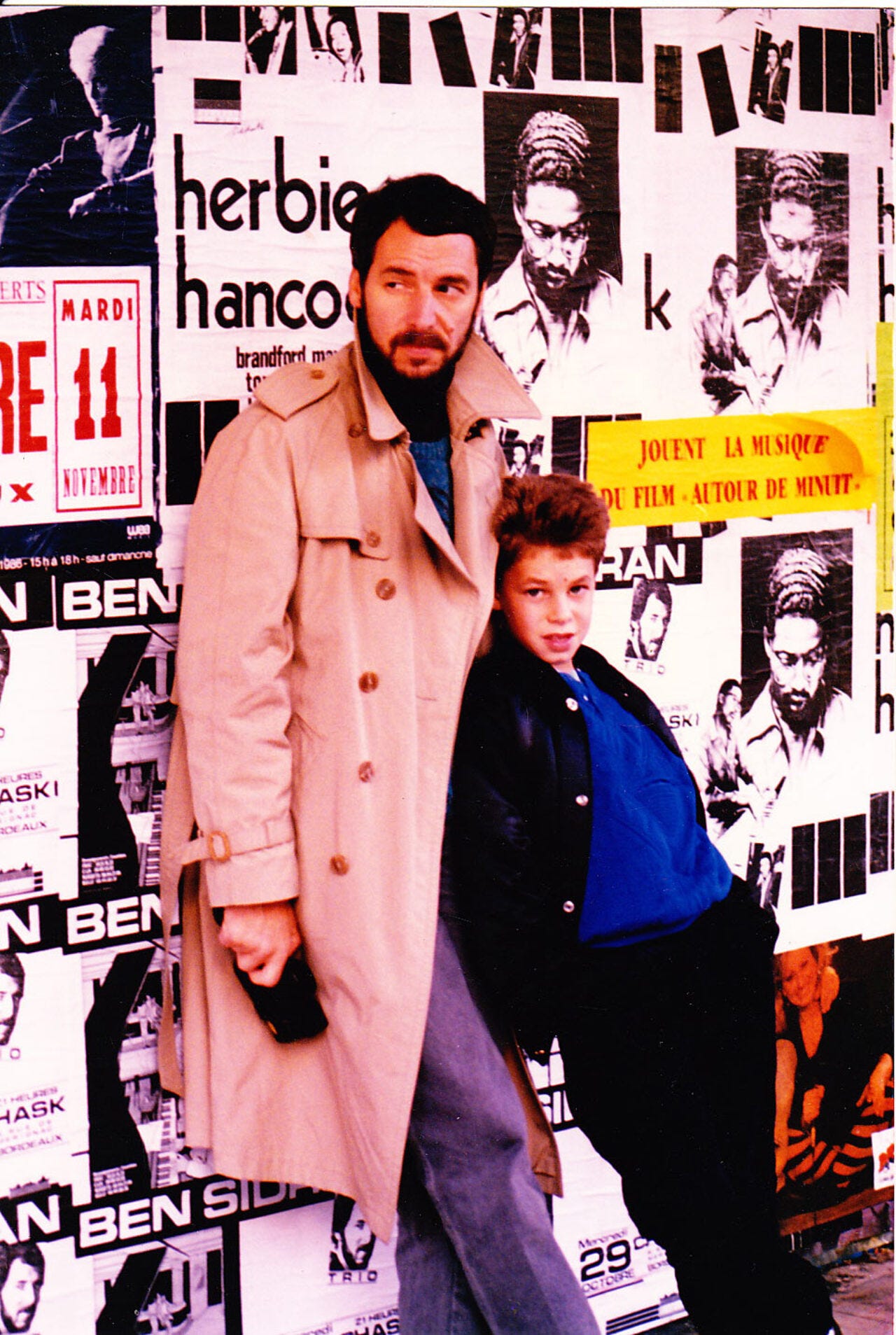For the past five years, on the occasion of his birthday, the musician and journalist Ben Sidran has sat for an interview with his son Leo, who hosts the podcast The Third Story. Shortly after they began recording their talk in 2022, as Ben was turning 79, Leo interrupted his father midsentence. He noticed a microphone picking up noise pollution outside his dad’s Wisconsin home: the buzz of a neighbor’s lawnmower.
“It reminds me of that line in the Donald Fagen song [‘Trans-Island Skyway’] in Kamakiriad,” Ben says as Leo closes a window to muffle the sound of the mower. “He’s in this bionic sphere, he’s driving down the highway, he’s got a garden in the back of the vehicle, and he pulls into the town where he was born and says, ‘Is that my father mowing the lawn?’ I loved that image. Because when somebody’s mowing the lawn, it just by definition tells me you’re in the Midwest, it’s summertime, it’s nostalgic. So that sound, actually, is really apropos to me.”
“I think it speaks to a kind of stability and normalcy,” Leo says. “I think the Donald Fagen character on that record is a hipster with some remove. He’s living on the margins. He’s gone on this kind of picaresque road trip, and to return to his hometown and find that his father is still mowing the lawn, it’s like a metaphor for an entire generation that hasn’t joined the future yet.”
“Oh, I like that,” Ben says. “That’s what it felt like in the ’50s and ’60s, that disruption of this kind of continuity. Just think about it—you’re dedicated to keeping grass at a certain length! That’s a commitment of one kind.”
Ben and Leo Sidran talk “Trans-Island Skyway” (from The Third Story)
Ben’s admiration for Fagen, meanwhile, is a commitment of another kind. The man is obviously a devotee. During his tenure as the host of National Public Radio’s Sidran on Record, from 1985 to 1990, Sidran managed to coax Mr. Steely Dan out of semi-hibernation for a then-rare interview. The show that resulted aired on September 20, 1988. Four years later Sidran adapted the conversation for his oral history book, Talking Jazz, and included it in a 2007 audio box set by the same name—but on that compilation, unfortunately, the conversation is pared down, and all the music breaks are absent.
Recently, when a bootleg of Fagen’s Sidran on Record appearance came my way, I was excited that the interview could be heard seemingly as it had aired. Still, nearly all of the music remained missing. Herein I’ve restored the songs as they originally appeared in the broadcast. During the 58-minute show, Fagen talks about the influence of Oliver Nelson’s The Blues and the Abstract Truth, the meaning of “Glamour Profession,” the process of writing “Century’s End” for the Bright Lights, Big City soundtrack, the real-life inspiration behind “New Frontier,” and much more.
















Share this post